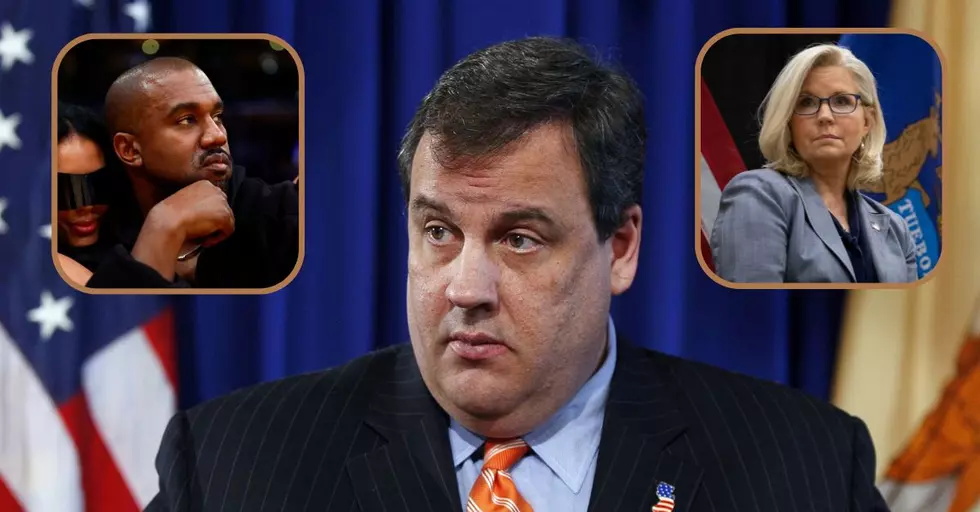
Fill ‘er up … NOW! Deal reached to raise NJ gas tax
TRENTON — Gas taxes in New Jersey will probably be 23 cents a gallon higher by the end of the first week of October.
Gov. Chris Christie and the Democratic leaders of the Legislature held a hastily arranged news conference late Friday afternoon to announce a deal on the Transportation Trust Fund, ending a three-month impasse that had shuttered most state-funded projects.
The agreement includes the publicly unpopular 23-cent-a-gallon hike in the gas tax that all sides agreed to in June. The tax cuts being adopted at the same time, in the interest of what Christie calls "tax fairness" and to make the hike politically palatable, is a hybrid of the two competing plans:
- The sales tax drops gradually by 3/8ths of a percent — from its current level of 7 percent, to 6.875 percent on Jan. 1, 2017, then to 6.625 percent on Jan. 1, 2018.
- The estate tax, also known as the "death tax," would be eliminated over 18 months. Now applied to estates worth $675,000 or more, the threshold rises to $2 million on Jan. 1, 2017. The tax is then ended starting Jan. 1, 2018.
- More retirement income would be exempt from income taxes. Over the course of four years, the exemption would rise to $100,000 for joint filers, $75,000 for single filers and $50,000 for married filers who file separately.
- The earned income tax credit, which is paid to the working poor, would increase to 35 percent of the federal benefit starting in tax year 2016. It is currently 30 percent.
- A new income tax exemption will be created for veterans.
Both the Senate and Assembly will schedule committee hearings and voting sessions Wednesday. Presuming it has the bipartisan support needed to pass, it would quickly get to Christie's desk. The hike in the gas tax would take effect immediately.
The gas tax would jump from 14.5 cents to 37.5 cents a gallon. The additional money, along with borrowing, would help finance an annual $2 billion Transportation Trust Fund for eight years, the longest authorization in the TTF's history. Combined with federal funds, that will amount to $32 billion for road, bridge and rail work over eight years, Christie said.
It's not over yet! Sign up for the New Jersey 101.5 Newsletter for breaking updates on the gas tax.
"I'm also proud of the fact that we are financing these expenditures in a responsible way," Christie said. "There has not been a gas tax increase in this state since 1988. Many governors have talked about doing this over time but have not been willing to do it. Months ago I said I was willing to increase the gas tax if it represented tax fairness, and I've kept my word on that."
Construction projects were shut down in early July, when the state's 2017 fiscal year ended without a financing plan for the TTF. Talks were slow for a long time, then heated up over the past two weeks.
Senate President Stephen Sweeney, D-Gloucester, said reaching an agreement was hard. He had insisted the tax cuts couldn't exceed a value of $900 million; Christie's office projects they amount to $1.4 billion a year once fully phased in by 2021. In 2017, the cuts amount to an estimated $164 million.
"I'm thrilled that I was able to compromise, and I think we all compromised somewhat to get to this point," Sweeney said. "I'm sorry it took so long, but we all have strong personality and sometimes it just takes time to get together."
Assembly Speaker Vincent Prieto, D-Hudson, said the agreement is important for public safety reasons. He said the state's infrastructure is crumbling.
"This couldn't come soon enough. This is something that is so important to our economy, to invest in our road infrastructure," Prieto said.
The hike in the gas tax is, of course, likely to anger residents.
Vinnie Green of Oceanport said he's getting ready to move south, saying he can't afford to live comfortably in New Jersey after working in the state for 40 years.
"Just one more scam to screw the public again and again," Green said. "I'm embarrassed to tell people I live in New Jersey. They ask if I'm an idiot paying the tolls and taxes here. Who is going to be accountable when this does not work? And it's not."
Carolyn Polewka of Manville, who relies on workers' compensation benefits, worries how she'll afford the extra costs of traveling to Pennsylvania each week to check on her ill father.
"People like me who struggle to live on workers comp can barely afford to buy food, pay bills and live with bare necessities. How are we supposed to be able to pay for the gas increase? It's totally unfair!" Polewka said. "I get approximately $20,000 yearly to live on. Pay my house taxes, car insurance etc. I am outraged that he must think people like me don't exist."
After announcing the deal, Christie pointed to portraits of past governors in his outer office and all have struggled to fund the TTF since Gov. Thomas Kean last raised New Jersey's gas tax in 1988.
"All of them refused to engage in the kind of compromise that we're engaging in today," Christie said. "I'm not going to judge whether that was right or wrong on their part, but I absolutely believe it's right on our part to do what we've done."
New Jersey: Decoded cuts through the cruft and gets to what matters in New Jersey news and politics. Follow on Facebook and Twitter.
Michael Symons is State House bureau chief for New Jersey 101.5 and the editor of New Jersey: Decoded. Follow @NJDecoded on Twitter and Facebook. Contact him at michael.symons@townsquaremedia.com
More From Beach Radio










